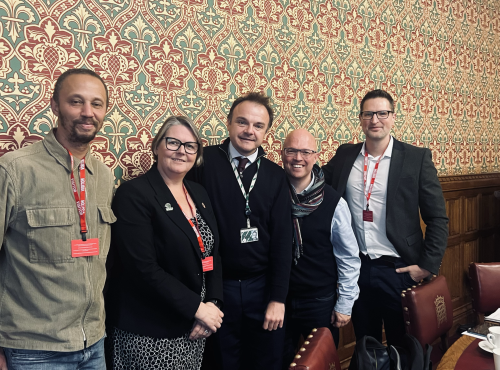After the Green Homes Grant – what's next?
14% of UK greenhouse gas emissions are produced by home heating. Action in decarbonising this sector is essential to ensure the UK meets climate change targets.
The Green Homes Grant demonstrated a high level of consumer and industry interest in incentivised retrofitting. Industry invested rapidly in jobs, training and skills, and actively promoted the grant until delivery at scale was almost achieved.
A similar scheme delivered in partnership with industry could bring successful outcomes. We recommend:
- Government must include all homes within any future schemes. While a shift of focus to social housing is welcome and likely to prove easier logistically, these homes represent only 11% of the problem; government must support owner-occupied homes and private landlords in the energy efficiency transition. This will require government to implement and coordinate a range of concurrent schemes to suit different markets.
- Government must utilise lessons learned from decarbonising the British power grid. Enforceable regulatory backstops give a clear indication of when all buildings must reach specific energy efficiency standards or when fossil fuel heating systems will be phased out. Government should work with financial services, including mortgage companies, to ensure support is accessible to the majority of homeowners. The tax system must also be aligned with net zero, with benefits tapered over time to favour early adopters.
- Government should define and implement building passports, which would make clear how and when homes can be made energy efficient. This implies a need to train more retrofit coordinators, and may provide liability transparency for mortgage providers who could then provide financial support to consumers. Government must invest in public engagement to raise consumer awareness of the additional benefit of reduced heating bills.
- Government should design future schemes to match the timescales in which action must be take (e.g. the next ten years) to allow industry to develop skills and provide investment confidence. Schemes must be designed in partnership with industry and road-tested through pilot schemes.
- Homeowners must have confidence that retrofitting will be completed to a high standard; future schemes must provide simple access to trusted suppliers. Government should work with industry to make existing accreditation schemes more accessible and create more routes for installers to train and become accredited. This will encourage more businesses to become licensed and remove bureaucracy.
These features may necessitate multiple schemes to cater to the diversity of the UK’s homes. By following these recommendations and working with industry as a development partner, government can replace the Green Homes Grant scheme in a way that would be welcomed by consumers and businesses and effectively contribute to achieving the UK’s 2050 net zero emissions target.
On 20 April 2021, Policy Connect held an online roundtable to discuss the early closure of the government’s Green Homes Grant and recommendations for replacement schemes in light of the UK’s 2050 net zero greenhouse gas emissions target. This document was produced as a post-event write-up by Policy Connect. While it was informed by the roundtable discussion, it does not necessarily represent the views of all those in attendance. Read the full write up on our website.



